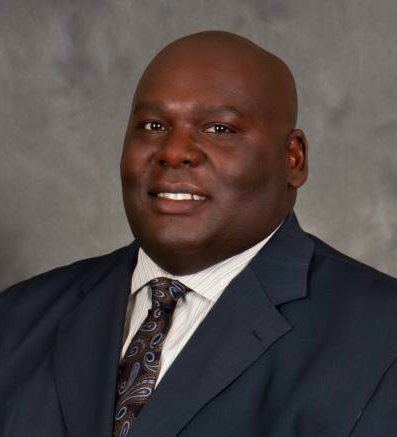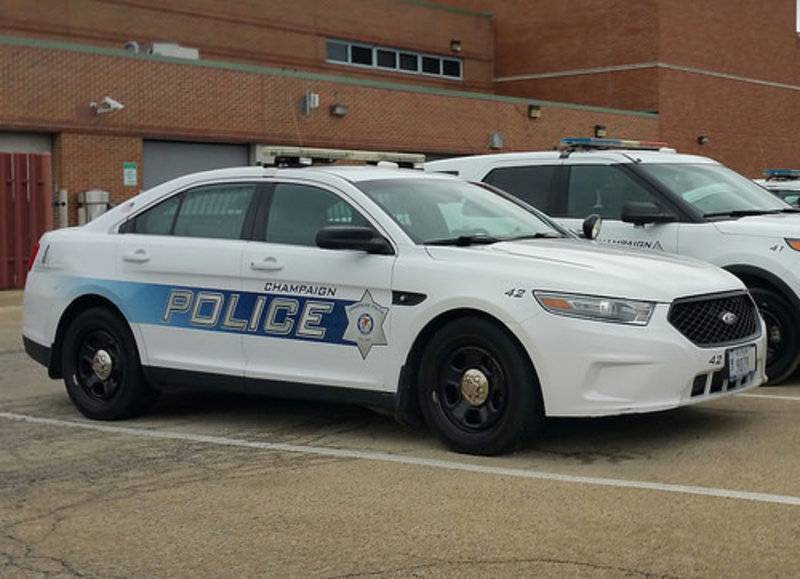On Tuesday, August 1, the Champaign City Council unanimously agreed to the formation of a subcommittee of the Human Relations Commission for the purpose of reviewing internal investigations into complaints against the police department of the city of Champaign. It’s been a long time coming, but better late than never.
The national conversation on the relationship between police and the communities they serve has for years demanded a greater degree of understanding and transparency between police and the policed. Every time a person is unjustly harmed or killed by police in Ferguson, Baltimore, or Detroit, communities in every city and in every state wonder if theirs will be next in line for infamy, whether their sons and daughters will be the next victim of a scared or overzealous lawman. Every time a police officer is killed in the line of duty in California or coldly murdered while sitting in their car in New York City, a local officer wonders whether their name is going to come up today, whether today’s the day their kids lose their mom or dad.
What’s it like to live in a community where you feel like the men and women who’ve sworn to protect you might be too eager to take some liberties with your well-being? What’s it like to swear an oath to police a body politic and wonder which ones of them might like you better dead? A 2016 Pew Research Center national survey provides tremendous insight into how police feel about their jobs and the communities they serve. One startling statistic: only 14 percent of officers feel like the risks they endure in the course of their job are well understood by the public. Public confidence in the police is as low as it’s been in 25 years, hovering right around 50 percent.
How are we supposed to work together to maintain a happy, healthy community if we don’t trust each other? That’s where the Human Relations Commission’s subcommittee comes in.
Police departments commonly complain about these committees. They worry that people who sit on these committees won’t have the understanding necessary to perform a fair and thorough review. They don’t want their performance to be reviewed by people who don’t have an understanding of the law and the stress of police work. Champaign’s subcommittee, though, which has been formed according to many guidelines stressed by the American Civil Liberties Union, will be composed of five individuals whom will be trained for the task. These five people—four chosen by the mayor, one a member of the Human Relations Commission—will participate in police ride-alongs, demonstrate understanding of the pertinent Illinois Compiled Statutes, and receive training in defensive tactics and a use-of-force simulator. Anyone from felons to former police officers can apply for this subcommittee, which means the subcommittee can be as diverse as the people who will commit themselves to sitting on it.
The subcommittee will be empowered to subpoena statements and evidence in its review of complaints against the police department, ultimately presenting its findings and recommendation to chief of police Anthony Cobb for consideration.
Champaign Chief of Police Anthony Cobb

The result? The police department maintains its autonomy, and the citizens have an advocate promoting the transparency of the police’s review of and response to officer misconduct. Some officers still may not be thrilled at the prospect, but it’s likely that such a subcommittee will work in their favor. Like body cameras.
Yes, like body cameras. Despite early misgivings, police in Champaign and Urbana are finding with regularity that their body cameras are resolving complaints about police misconduct, turning wars of words into a simple video session that shows exactly how Person A and Officer B conducted themselves. Your average officer is not Matt Rush. Your average officers are decent human beings who are willing to put themselves at risk to protect their local community. The subcommittee—like the body cameras—is a sterling opportunity for the police to showcase their quality and demonstrate to the public that they’re worth our trust.
Of course, your average police officer (52%), according to a Department of Justice survey, also says that it’s not unusual for law enforcement officials to look the other way when it comes to officer misconduct. Your average police officer (61%), according to that same survey, says they don’t always report serious officer misconduct that they’ve observed themselves. If you wonder that trust in the police is eroding, there you have the self-reported culprit. Unfortunately, we’ve seen that some police afford themselves special perks and protections, and that sort of exceptionalism, self-reported by police across the country, breeds distrust among the populace.
This subcommittee is an opportunity for improvement. It’s an opportunity for the citizens of Champaign to invest themselves in better knowing what it’s like to serve and protect in our community, to find empathy for the sons and daughters and mothers and fathers who leave home every day with the conviction to make our city a little safer, a little better. And it’s a chance for our men and women in blue to show us that Ferguson isn’t here, Matt Rush isn’t coming back, and that this police department is a group committed to the ethical execution of just laws for the good of all of Champaign’s citizens.
If you’d like to get involved, the deadline for submitting applications to serve on the Citizen Review Subcommittee of the Human Relations Commission or the Internal Police Use of Force Review Committee is today, August 31. Application info is here.








